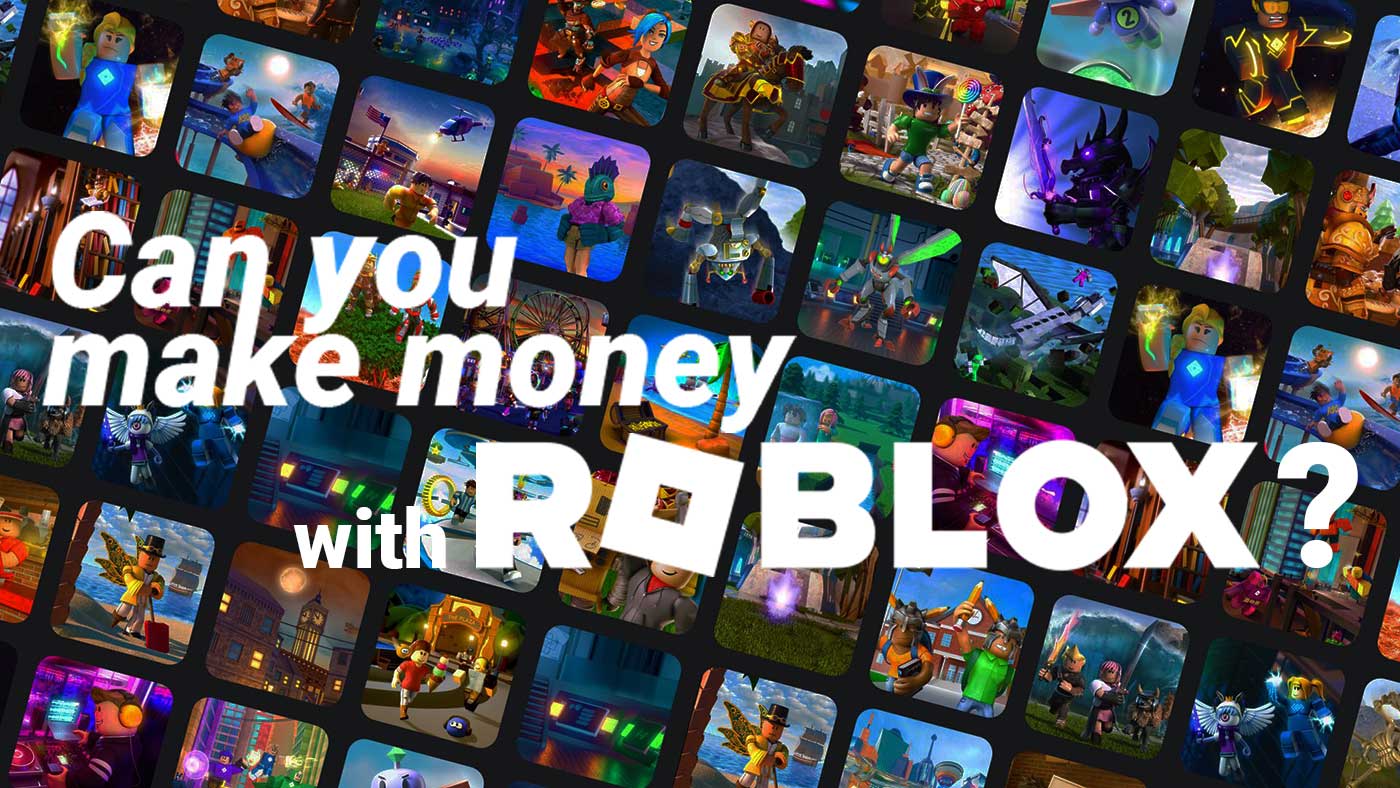How Play to Earn Games Are Changing the Way You Experience Online Entertainment
How Play to Earn Games Are Changing the Way You Experience Online Entertainment
Blog Article
Just How Play-to-Earn Games Are Reinventing the Pc Gaming Sector

Recognizing Play-to-Earn Mechanics
The play-to-earn version has actually emerged as a revolutionary idea within the gaming sector, fundamentally altering the relationship between gamers and the games they engage with. This design makes it possible for gamers to make substantial rewards, often in the kind of cryptocurrencies or non-fungible symbols (NFTs), via their in-game activities. Unlike conventional pc gaming structures that normally monetize via subscription fees or single purchases, play-to-earn games incentivize gamer engagement by directly linking gameplay success to real-world value.
At the core of play-to-earn auto mechanics is the integration of blockchain innovation, which guarantees transparency and verifiable possession of in-game possessions. Gamers can purchase, sell, or trade these assets in decentralized industries, encouraging them with economic agency formerly undetected in traditional video gaming settings. Each gamer's contribution to the video game community-- be it through skillful play, tactical trading, or area participation-- boosts the total video gaming experience while supplying them a possibility to create earnings.
As gamers invest time and sources, they not just deepen their involvement with the video game yet likewise cultivate a vibrant economy that reflects their collective efforts (play and earn rewards). This makeover of gameplay right into a monetizable endeavor is reshaping both gamer motivation and video game style
Financial Influence On Players

Furthermore, play-to-earn designs equalize accessibility to financial benefits. Gamers from varying socio-economic backgrounds can participate and possibly earn substantial revenue, connecting voids that exist in standard work markets. This paradigm change fosters monetary self-reliance, particularly in regions where employment possibility might be restricted.
In addition, the intro of online economic climates permits gamers to build wide range with critical investments in in-game assets, which can value gradually. This has led to the development of a new class of players that come close to play-to-earn as a severe income-generating task, typically leading to the reinvestment of profits into the video gaming environment itself. Eventually, the economic effect on players is profound, as they browse a landscape where recreation and resources assemble.
The Duty of Blockchain Innovation
What makes blockchain innovation a keystone of play-to-earn games is its capability to give decentralization, safety, and transparency. By making use of a dispersed ledger system, blockchain makes certain that all transactions within the video game are recorded in an unalterable manner, allowing gamers to validate ownership of in-game properties without relying upon a main authority. This openness cultivates depend on amongst gamers, as they can independently validate the scarcity and provenance of electronic things, improving their worth.
In addition, blockchain modern technology empowers gamers through decentralization, enabling them to take part in peer-to-peer deals. Players are no longer restricted to in-game economies managed by programmers; instead, they can trade, market, or lease their properties freely in open industries. This change not just raises the general liquidity of electronic possessions yet additionally motivates more significant player involvement, as individuals can directly benefit from their time and effort spent in the video game.
Furthermore, blockchain assists in the creation of clever contracts, which automate different in-game processes, from incentives circulation to governance devices. play and earn rewards. This innovation minimizes the risk of scams and makes sure fair game, further strengthening blockchain's important duty in the evolution of play-to-earn video gaming
Objections and obstacles
Often, play-to-earn video games face significant difficulties and criticisms that can hinder their click this link growth and acceptance within the wider gaming community. One primary concern is the capacity for a speculative bubble, where the value of in-game possessions can vary dramatically, resulting in financial losses for gamers. This volatility weakens the stability that standard pc gaming environments commonly use.
In addition, the combination of blockchain innovation frequently questions regarding ecological sustainability. The energy intake related to particular blockchain networks has triggered arguments regarding the environmental impact of these games. Movie critics say that the carbon impact generated by play-to-earn systems can prevent eco-conscious players.
Furthermore, there are worries concerning access and inclusivity. Several play-to-earn games require players to invest considerable ahead of time funding to acquire required properties, creating obstacles for those with limited funds. This design can unintentionally develop a divide in between wealthier gamers and those that can not afford to take part.
Future Trends in Gaming
As the gaming sector remains to progress, numerous future patterns are arising that assurance to improve the landscape of play-to-earn video games and past. One considerable pattern is the raising integration of blockchain innovation, which boosts transparency and safety in transactions. This will likely result in higher trust amongst gamers, urging wider adoption of play-to-earn versions.
Additionally, the increase of non-fungible tokens (NFTs) is readied to reinvent digital ownership, allowing players to really possess in-game assets. This change will certainly not only empower gamers however likewise produce brand-new financial chances within the digital ecological community. Furthermore, the convergence of pc gaming with various other sectors, such as social media and decentralized financing (DeFi), is anticipated to promote ingenious gameplay auto mechanics and monetization strategies.
Additionally, improvements in expert system and maker understanding will certainly enable more customized video gaming experiences, providing to individual gamer choices and enhancing involvement. play and earn rewards The expanding focus on community-driven growth will likely affect game layout, as players increasingly participate in forming their gaming settings. Jointly, these trends show a transformative future for the pc gaming market, where play-to-earn designs will play a central role in redefining player communication and worth creation.
Conclusion
Finally, play-to-earn video games stand for a substantial shift in the gaming sector, cultivating economic opportunities through cutting-edge mechanics that utilize blockchain innovation. This design not only equalizes accessibility to economic advantages for players from various socio-economic histories but also urges area involvement and empowerment. In spite of facing objections and difficulties, the potential for future improvements recommends that play-to-earn games will certainly continue to shape the pc gaming landscape, using brand-new opportunities for wide range production and gamer participation.
The introduction of play-to-earn video games represents a substantial shift in the pc gaming market, reshaping the relationship between gamers and the digital economy (play and earn rewards).The play-to-earn model has actually arised as an advanced concept within the gaming sector, fundamentally changing the relationship in between gamers and the video games they engage with. Unlike standard imp source pc gaming structures that typically generate income from through subscription charges or single purchases, play-to-earn video games incentivize gamer participation by straight connecting gameplay accomplishments to real-world value
These innovative pc gaming platforms encourage players to create real-world revenue with their in-game tasks, therefore changing the conventional notion of video gaming from a simple pastime right into a feasible financial possibility. Regardless of encountering criticisms and challenges, the capacity for future improvements suggests that play-to-earn games will certainly continue to shape the video gaming landscape, offering brand-new opportunities for wide range development and gamer participation.
Report this page